Welcome to issue 59 of the Call to Comms!
In a world where technology is rapidly advancing, ensuring equitable access and knowledge among all demographics remains crucial. However, women often have more restricted access to knowledge than their male counterparts in terms of digital literacy and access to technology and the Internet. Recognizing this gap, TSF, in partnership with the Syrian organization Zoom In, undertook a digital inclusion training project for women in Northwest Syria.
Building the Future of Syrian Society in the Field of Telecommunication
TSF and Zoom In conducted a two-month digital training project in Northwest Syria. The initiative aims to provide comprehensive training to 200 women in the cities of Afrin and Idlib, affected by the earthquake of February 2023, to empower them with the knowledge and skills to navigate the digital world confidently and safely.
The project commenced with in-person training modules in Afrin City, where participants delved into topics ranging from safe use of the Internet to the use of applications, programs, and modern technologies. Additionally, online sessions were provided to participants in Idlib City, ensuring inclusivity and accessibility.
Tailored Training for Real-life Challenges
The training consisted of three modules:
- Safe Internet Usage: to educate participants on the importance of online safety, password security, safe browsing practices, and social media safety. Participants also learned how to address cyberbullying, online harassment, secure online shopping practices, and children’s internet safety guidelines.
“We benefited a lot from this training. Obviously, for the safe use of the Internet, we did not have an awareness of how to protect our social media accounts with secure practices.”
Shirin, a participant from Afrin
- Protection from Electronic Blackmail: To address the critical cyber extortion threats in today’s digital era, participants learned how to recognize, prevent, and respond effectively to electronic blackmail incidents by understanding its implications and identifying common tactics employed by cybercriminals.
“In the case of blackmail, we have to be aware and not fall for the blackmail and be afraid, and take actions that are right and will protect us from this and not let us fall for it.”
- Digital Security: to equip the participants with the skills to protect sensitive information and privacy, prevent cyber threats, respond effectively to security incidents, and learn the best practices for securing digital devices and networks, password management, and mobile security.
Assessing the Impact
To follow the participants' progress and ensure the training’s effectiveness, participants undertook a pre-test on the first day of each training session and a post-test upon completion.
Overall, there was a significant increase in the scores, reflecting the increase in knowledge and digital awareness.
- For Safe Internet Usage, the average score went from 36 to 78.
- For Digital Security Training, the average grade before training went from 36 to 79.
- For Protection from Electronic Blackmail Training, the average grade went from 28 to 87.

See you next week!


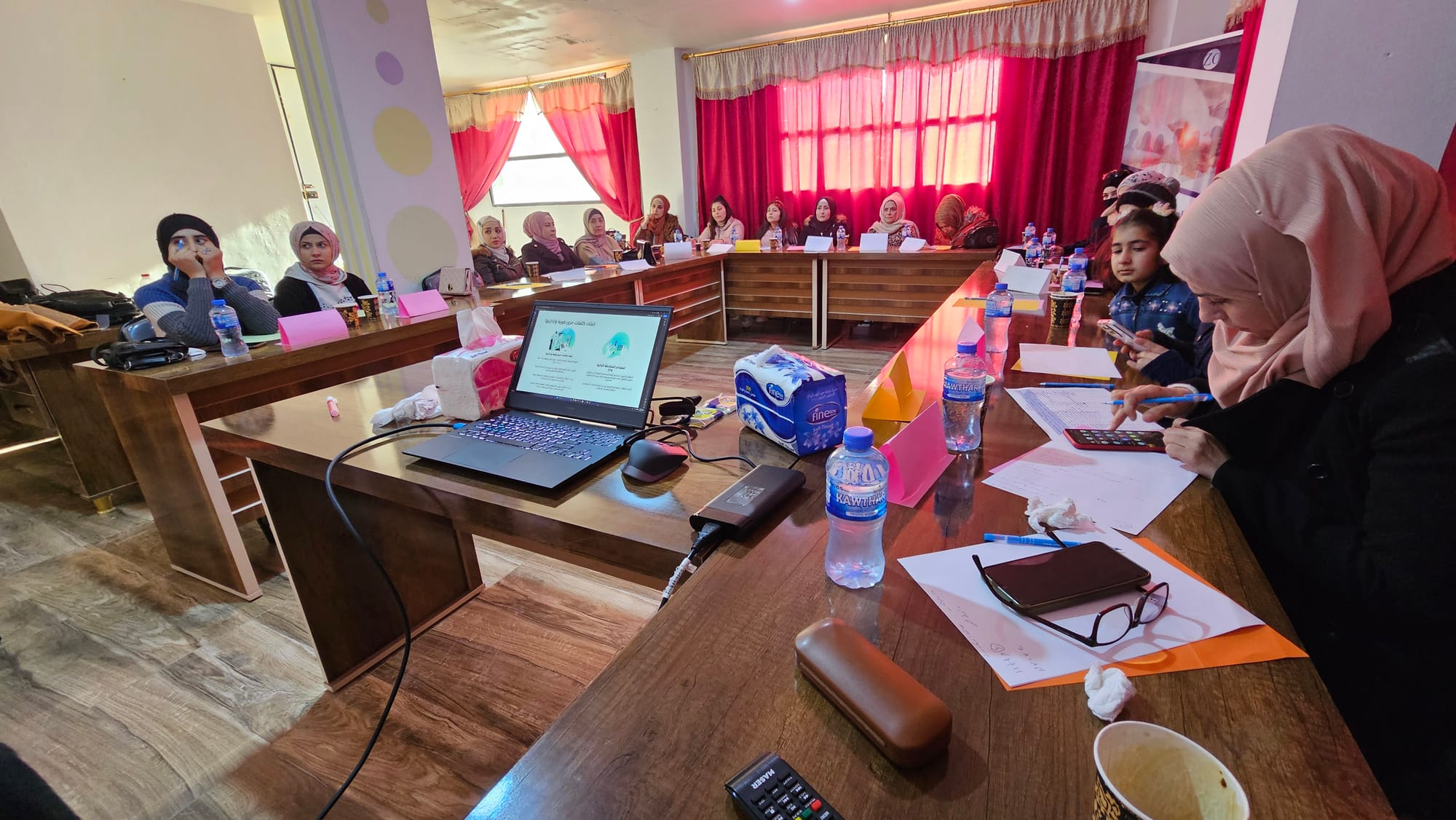



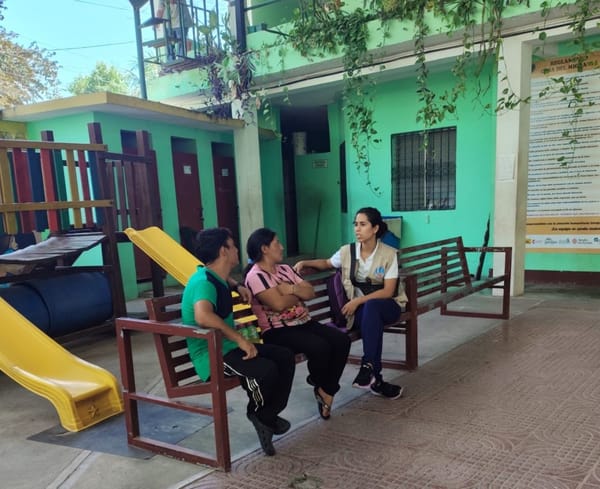
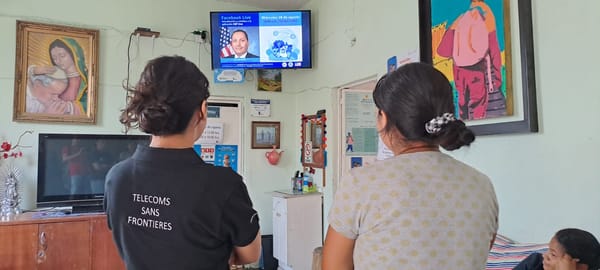

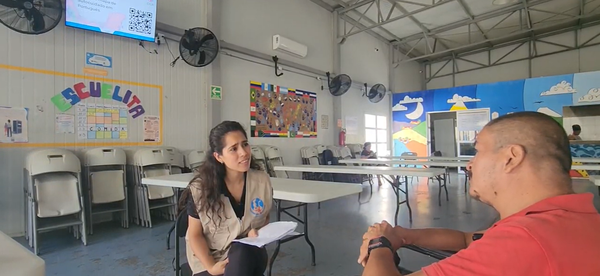
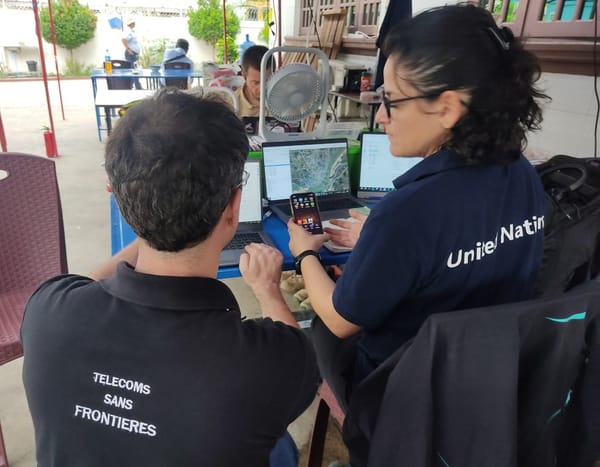
Member discussion